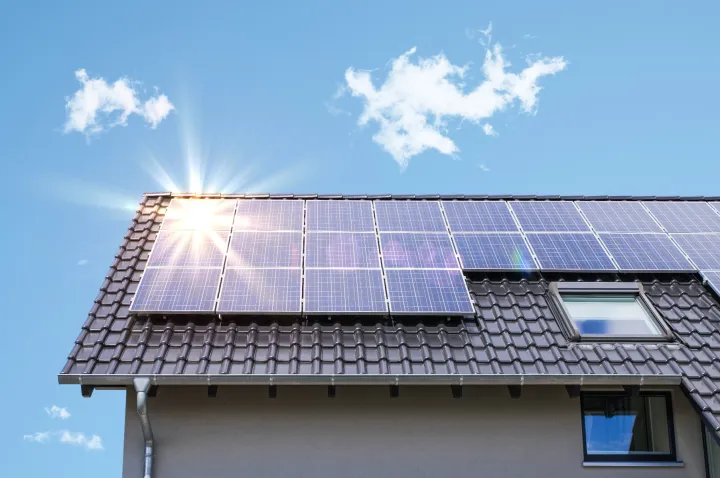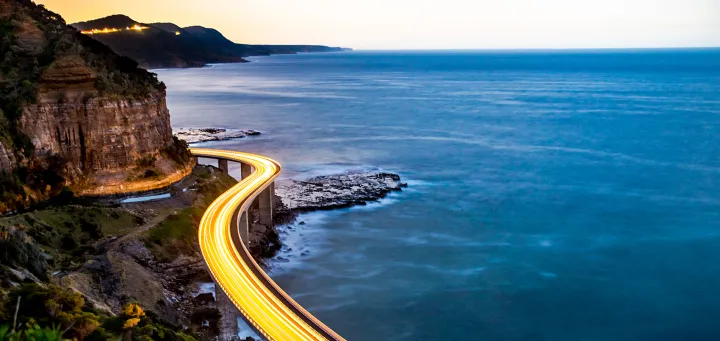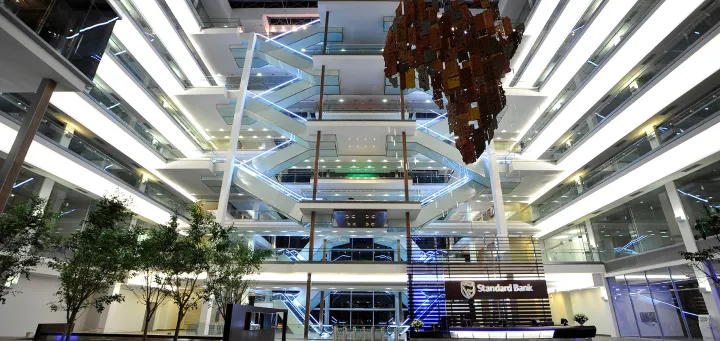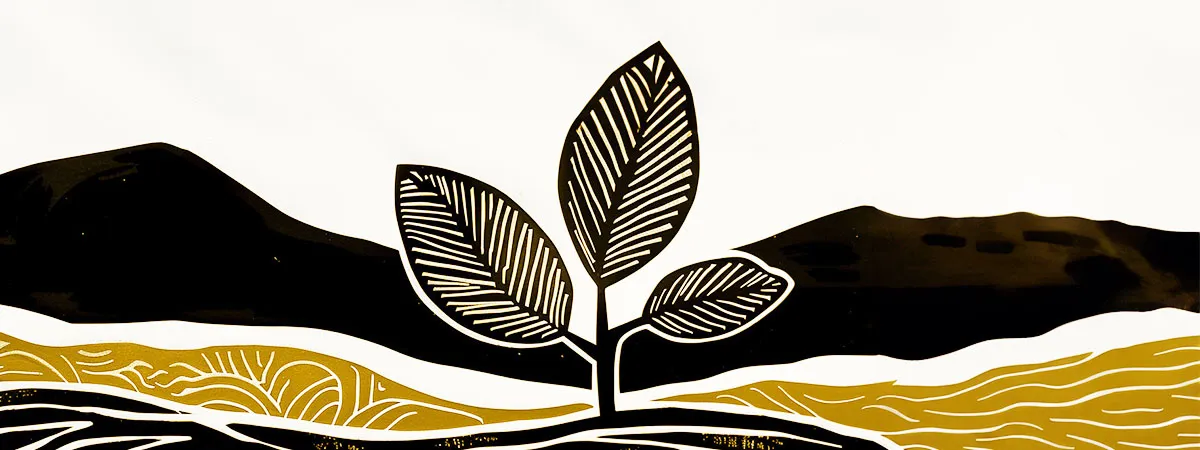Coronavirus Op-Ed
Education must continue throughout the pandemic
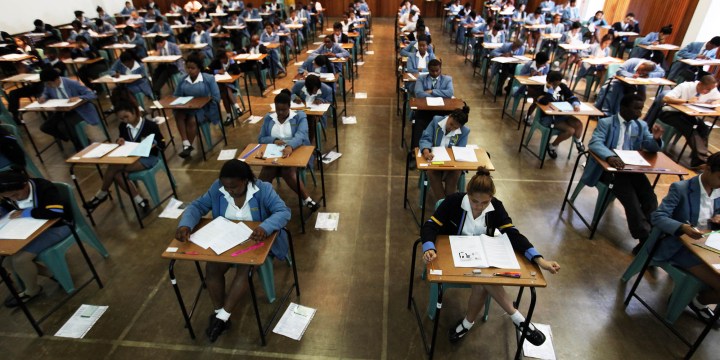
Economic access to education will be exacerbated as families are impoverished by the loss of livelihoods and jobs, and families will struggle to pay school fees. Renewed and strengthened advocacy for affordable, and quality education will be necessary.
To contain the spread of Covid-19 in South Africa, President Cyril Ramaphosa invoked the Disaster Management Act to declare a State of National Disaster. Pursuant to this declaration, the government published two different sets of regulations.
The first was to implement a stringent set of social distancing measures that included the closure of schools from 18 March 2020 to 15 April 2020, but which could be extended.
Despite these measures, the numbers of people infected continued to rise at a rapid pace and government, therefore, sought to implement a total lockdown, restricting most South Africans to their homes for at least 21 days, except to buy food or for medical care.
These measures place severe restrictions on many of our rights contained in the South African Constitution. These rights include the rights to freedom of movement, assembly, association, privacy and expression. Such severe restrictions are permissible in terms of section 36 of the South African Constitution that permits the suspension of rights subject to the restrictive measures meeting specific criteria.
The limitation or suspension of rights must serve a legitimate purpose. In this instance, it must contain the spread of the pandemic and avoid a public health crisis in an already failing public health system and with a South African population that has the world’s highest rates of HIV/Aids and TB infection. The measures must further meet the criteria of reasonableness and proportionality.
Given that schools have been closed as part of the restrictive measures to contain Covid-19, the question of whether the right to education has also been suspended arises.
The Constitution has a justiciable set of socio-economic rights that includes the right to basic education that, according to our courts, must be immediately realised and the right to further education that must be progressively realised.
Legal scholars increasingly point out that entrenchment of these socio-economic rights in our Constitution and international instruments require that these rights guide our policy choices not only during times of stability, but especially during times of crisis, since it is during times of crisis that poor and vulnerable communities are most likely to be deprived of their socio-economic rights.
The closure of schools was not intended to suspend learning and teaching, and curriculum coverage of the academic year. While the academic term is still ongoing, learning and teaching must happen online. There has been some discussion of adapting public school terms to ensure that the school holidays largely coincide with the closure. However, the duration of the closure is largely dependent on whether or not the virus is contained before the next school term begins. There is, therefore, no certainty as to when public schools will reopen.
When the social distancing measures were implemented, learning and teaching at private schools and more advantaged public schools appears to have continued relatively smoothly with learning and teaching going online. This has in many instances included both the academic and even extra-curricular activities such as music and art classes. Many of these schools have displayed remarkable innovation and creativity in the curriculum coverage.
Reports suggest, however, that the continuation of learning and teaching has been much more challenging in under-resourced schools and communities because of an absence of electronic access to education. In most schools, education has come to an abrupt and grinding halt.
Some have therefore suggested that all learners repeat the current academic year because of school closures. Others have suggested that online learning not be allowed, given that not all learners have electronic access. If our constitutional obligations are to be our lodestar, forcing learners to repeat the year or equalising downwards is not the solution. In fact, there is an obligation on the government to ensure the continuation of teaching and learning, and curriculum coverage during this time of crisis.
No doubt recognising this obligation, on 26 March 2020, the Department of Basic Education (DBE) unveiled its plans for basic education during the lockdown. The plans are laudable and reflect a creative harnessing of public and private resources.
Catch up plans
To ensure the continuation of teaching, learning and curriculum coverage, the DBE will develop catch-up plans for when learners eventually return to schools. The notion of catch-up plans were devised and implemented as part of a court order when the government failed in 2012 to deliver teaching and learning materials that formed part of the new CAPS curriculum to Limpopo learners. Curriculum coverage was hampered until those materials were delivered much later in the year.
How the catch-up plans will ultimately be rolled out is yet to be determined. Much will depend on when it’s finally safe for learners to return to the classroom environment and how long learners have been outside of the classroom environment once the new academic term begins.
It will also be dependent on what has occurred at individual schools during the closure, such as the extent to which learning and teaching has continued during the shutdown as well as the pacing of the curriculum at individual schools during closure. A one-size-fits-all approach is therefore unlikely to be effective and districts will probably have to devise individualised catch-up plans for different schools.
Online learning and broadcast support
For the duration of the school closures, the government also appears to have, in a short space of time, harnessed our nation’s resources to prepare online and broadcast support to ensure curriculum coverage. The latter includes the SABC, DStv, e.TV and community radio stations. These platforms will roll out the curriculum for grade 12 learners and reading programmes for all grades.
The schedule for the TV and radio broadcasts will be made available on the DBE website and all social media platforms. Electronic readers, including in indigenous languages, will be available free of data costs across all the different mobile providers. Siyavula maths and science support will also be available free of data costs via MTN and Vodacom.
All aspects of each grade’s curriculum will be placed on the DBE website. This is a notable and welcome achievement. Districts and schools will therefore have to ensure the continuation of learning at individual schools with community and parental support during the lockdown, and for the duration of school closures once the new academic term begins.
School nutrition programme
A major concern that has been consistently voiced in respect of the school closures has been the suspension of the School Nutrition Programme (SNP). The SNP has, since its inception, proved to be one of the more successful poverty targeting measures this country has rolled out.
Evidence also suggests that the SNP has contributed to improved learner outcomes. Its continuation at a time of crisis, particularly for the poorest, cannot be overstated. People are likely to go hungry during this time and the SNP must be continued if not strengthened. The DBE appears to suggest that the programme will continue at selected poverty nodes operated by the Department of Social Development. Its continuation is supported by several private partners, notably, Tiger Brands, Nestle, Pioneer, Old Mutual, First Rand and the Add Hope Foundation.
The role of CSOs
There also appears to be broader financial and other support for all of these programmes through the President’s Solidarity Fund.
As civil society, our role in this time of crisis can be to play a supportive and constructive role to our government by supporting, strengthening and reinforcing these education programmes to ensure that they are effectively implemented.
We can use our voices to make calls for the widening of support of individuals and the private sector committed to education and SNPs by contributing to the Solidarity Fund.
We can support parents, and communities by supporting access to online and broadcast learning and awareness of online and broadcast learning. It will also be crucial to monitor the roll-out of the efficacy of catch-up plans when learners return to schools.
The containment of the Covid-19 pandemic has therefore not suspended the right to education, but rather required us to change how learning occurs while we attempt to contain the pandemic. And there is a role to be played by government, parents, the private sector and civil society.
We are also all too aware of the inevitable and unprecedented looming global economic recession as a result of the self-distancing measures countries have been forced to implement and which has slowed down economies dramatically.
This will likely also impact on the right to education. Over the past decade, both globally and in South Africa, we have witnessed the impacts of austerity measures on education through the cutting of education budgets. This will now get worse. Economic access to education will also be exacerbated as families are impoverished by the loss of livelihoods and jobs. Families will struggle to pay school fees. Renewed and strengthened advocacy for affordable and quality education will be necessary. Let’s be ready for this, because when this horrible and surreal moment of the Covid-19 pandemic has passed, there will be new challenges to overcome. MC










